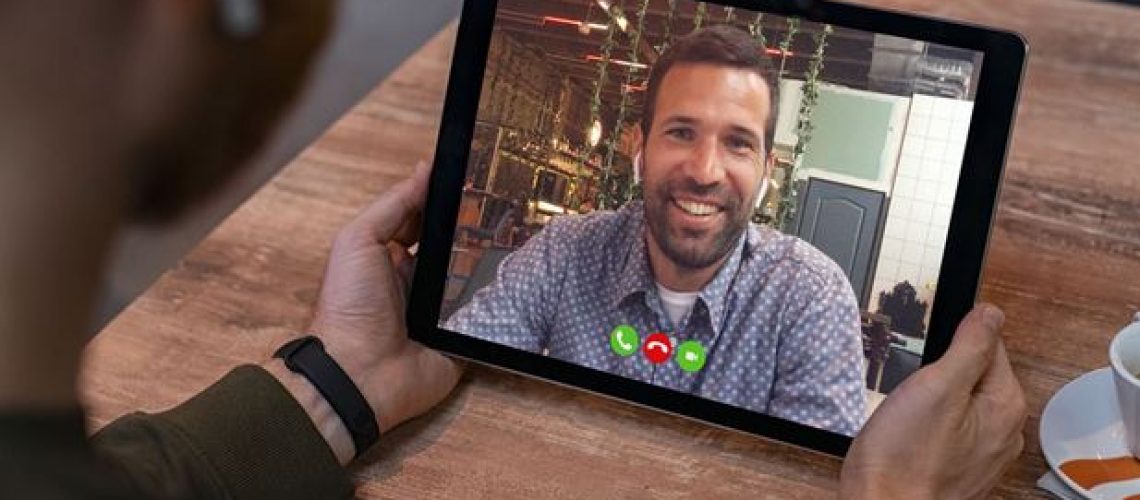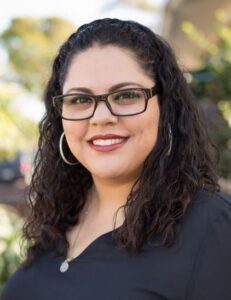Remote web-based authorization – where a legally approbation can be led utilizing sound/video innovation – presents organizations, including banks and other monetary administrations suppliers, with the chance to assist carefully change their shopper experience, prompting more prominent efficiencies, purchaser comfort, and at last more noteworthy buyer fulfillment. In any case, before organizations either empower their own public accountants to go about as distant legal officials or acknowledge far off internet based authorizations finished by outside public accountants, they should proactively attempt to relieve the dangers related with moving from tolerating face to face paper (or electronic) authentications to tolerating authentications led where the public accountant and the underwriter are in independent areas.
This article gives a clarification of a remote electronic authentication (“RON”) process, trailed by an outline of the legitimate structure supporting RON. Then, this article tends to the center ideas of distant web-based legally approbation laws authorized to date. At last, this article distinguishes specific dangers that organizations ought to assess prior to using a RON cycle.
What is RON?
RON for organizations normally fills in as follows: (I) the business substance transfers reports to be marked and legally approved; (ii) the RON stage gets the archives and sends notice to the underwriter; (iii) the endorser gets the notification and gets to the site; (iv) once at the site, the endorser starts the verification cycle; (v) the public accountant gets notice that the underwriter has gotten to the site and joins the underwriter for a two-way sound/video meeting that is recorded and finishes the confirmation interaction; (vi) the endorser signs the archives and the legal official electronically notarizes the reports (all while each party can see and hear each other through the two-way sound/video meeting); (vii) duplicates of the executed reports are gotten back to the business element and underwriter; and (viii) duplicates of the sound/video recording of the validation cycle and other verification information is stored in the legal official’s electronic diary alongside data about the underwriter and the authorized reports.
Lawful Framework
Electronic Notarization
The lawful structure supporting electronic authorization, has been by and large made out of an assortment of government and state laws, including the “full confidence and credit” condition of the U.S. Constitution, the government ESIGN Act, the Uniform Electronic Transactions Act (took on by 47 states and the District of Columbia), other explicit resolutions embraced in certain states that approve electronic authentication (either by and large or in explicit conditions), and laws in many states perceiving the legitimacy of notarial acts performed under, and in consistence with, the law of another state. Taken together, these laws set up two principles that should be successful in many states: (I) they approve legal officials to electronically authenticate electronic records endorsed within the sight of the public accountant, and (ii) they perceive that a notarial act acted in consistence with the laws of one state will be perceived as substantial in another state, regardless of whether the notarial act doesn’t conform to the laws of the subsequent state.
RON Enactments
With the overall lawful legitimacy of electronic authorization immovably settled, and laws set up perceiving the legitimacy of notarial acts acted in consistence with the laws of different purviews, certain states started embracing laws explicitly permitting and in this way explicitly directing RON. Virginia was at the front line of this development, taking on a rule approving RON in 2012. As of early May 2019, 21 states have passed or potentially instituted RON laws-the 21 states are Arizona, Florida (forthcoming lead representative’s mark), Idaho, Indiana, Iowa, Kentucky, Maryland (anticipating lead representative’s mark), Michigan, Minnesota, Montana (which changed its law in March 2019 to line up with the current methodology embraced in different states), Nevada, North Dakota, Ohio, Oklahoma (forthcoming lead representative’s mark), South Dakota, Tennessee, Texas, Utah, Vermont, Virginia, and Washington-and more have started regulation this year.
Most expresses that have since embraced a RON law have fused the accompanying key standards originally settled by Virginia, for example, (I) building up what comprises “individual appearance,” for motivations behind RON, (ii) how to dependably set up the underwriter’s character, (iii) the area of the gatherings, and (iv) record keeping.
For endorser appearance before the public accountant utilizing two-way sound/video correspondence, the states embracing RON laws make a legitimate equality between (I) a physical and in-person appearance and (ii) appearance through the sound/video correspondence. Relatedly, to demonstrate the underwriter’s personality, states have embraced strategies to verify the endorser. Ordinarily, except if the legal official or a tenable observer has individual information on the endorser’s personality, these confirmation strategies incorporate an accreditation examination (e.g., approving the individual’s driver’s permit is genuine) and a unique information based validation (“KBA”) test (e.g., set of inquiries produced from an outsider data set). A few states have more point by point verification necessities that should be met, and these prerequisites might contrast across wards.
Concerning area, the public accountant should be available in the state the person is charged in while playing out the distant web-based legally approbation, however generally, the underwriter’s area doesn’t make any difference (for certain states, assuming an endorser is situated external the United States, the exchange should have a nexus to the United States). Legal officials should likewise keep a diary from the far off electronic authorization and a back-up duplicate of the recording (however the data needed for the diary, time allotment required for keeping the reinforcement, and the particular necessities for keeping up with the diary and the recording change by state).
At long last, since RON’s are electronic records, to build up their legitimacy and to have evidentiary worth, both ESIGN and UETA necessitate that the record be made to such an extent that the record can’t be changed subsequent to marking and authentication without discovery (e.g., applying an alter obvious seal).
As more states establish RON laws, more clients will anticipate that their banks and different organizations should permit archives to be authorized from a distance. Before organizations roll out this improvement either by permitting their public accountants to perform RONs or by tolerating such authorizations performed external their biological system they should assess the dangers implied. As verified over, a key test is knowing the necessities for each state (which might vary) and guaranteeing that these prerequisites are met, including prerequisites tending to legal official enrollment, passable innovation, the notarial seal, and the public accountant’s diary and sound/video maintenance.
Further, assuming a business’ public accountants will play out the administrations, the business should address how it gives maintenance duplicates of the marked and legally approved archives to the underwriter and how it stores duplicates of the recorded meetings for its legal officials. Furthermore in light of the fact that RON requires a sound/video feed, the business should address security suggestions, particularly where startling gatherings might show up on screen (e.g., a mate who hasn’t given agree to be shot and recorded). Likewise, organizations should address distribution of responsibility between the gatherings, including the legal official, the stage, and the outsider character suppliers (e.g., the outsider erroneously validates a fake endorser). While there is a lot to think about while moving to RON, by and large, RON gives organizations a potential chance to encourage carefully change their business and give their clients the adaptability and proficiency that innovation offers of real value.

